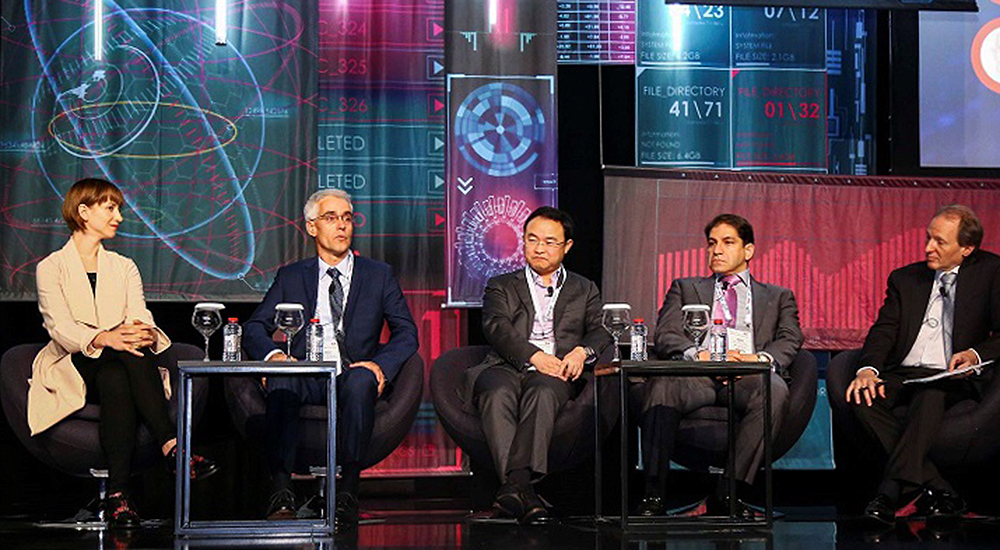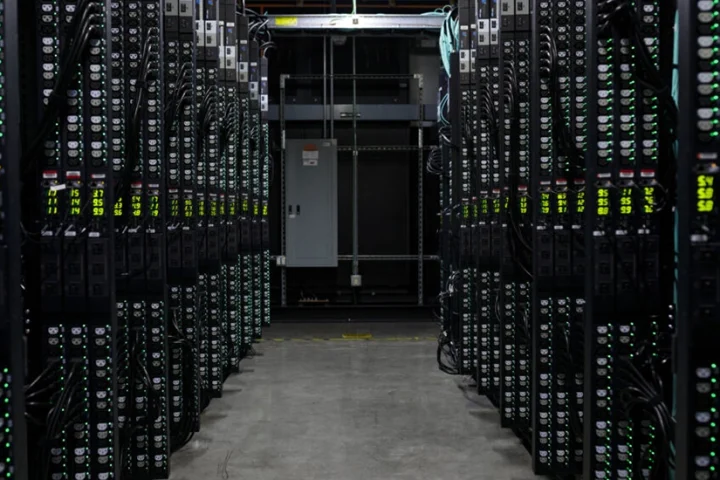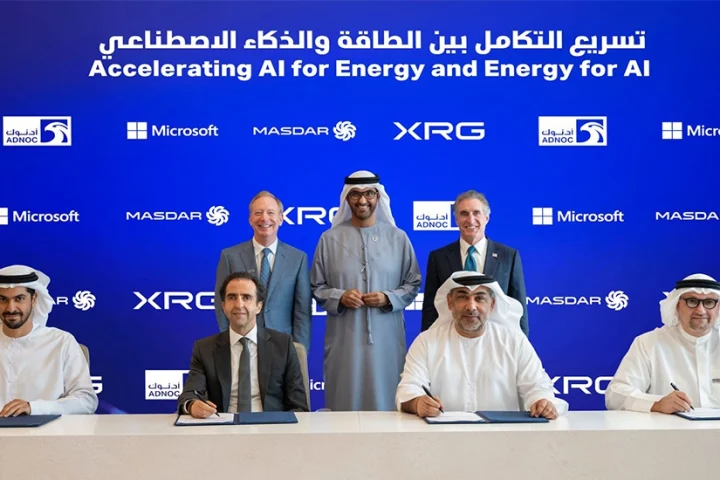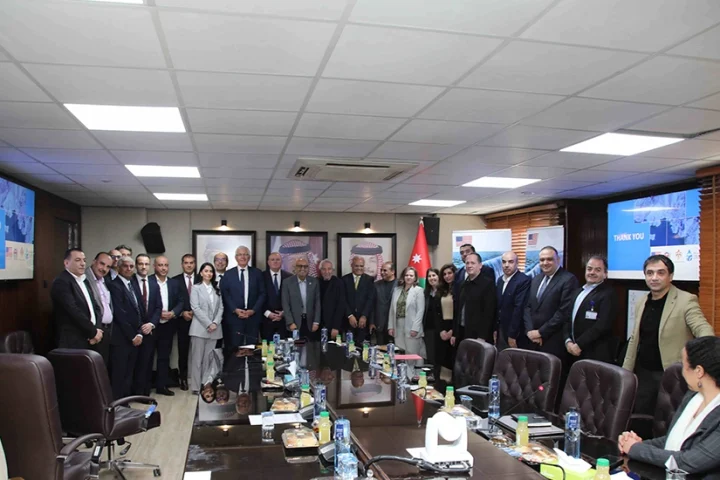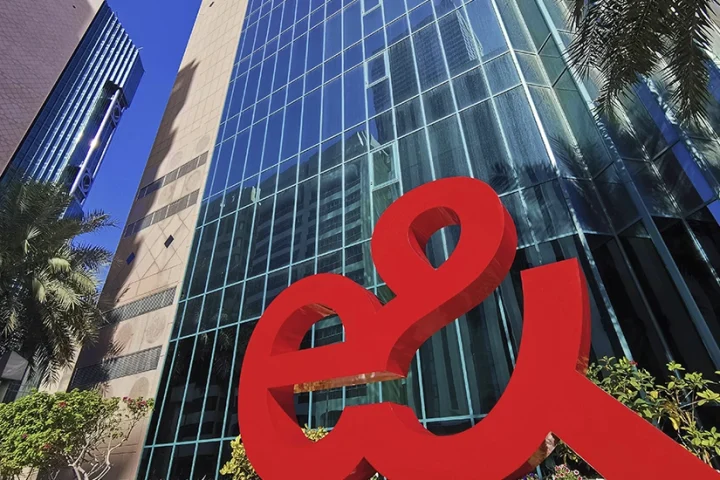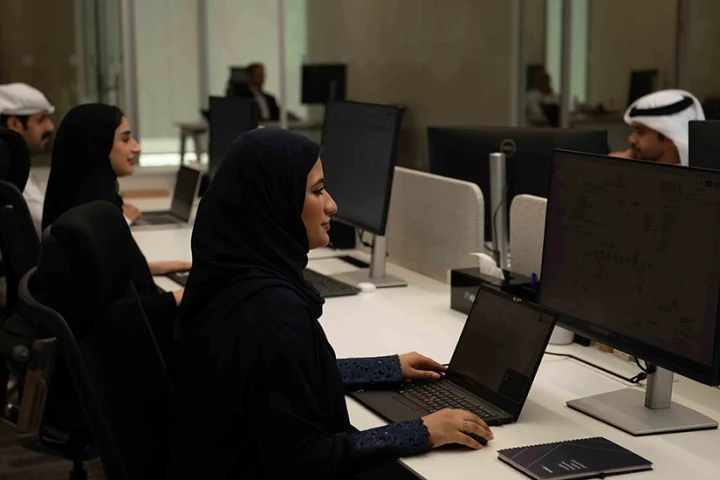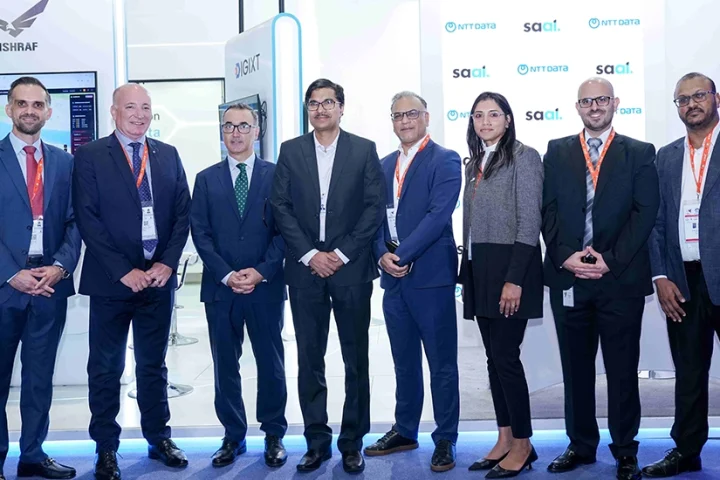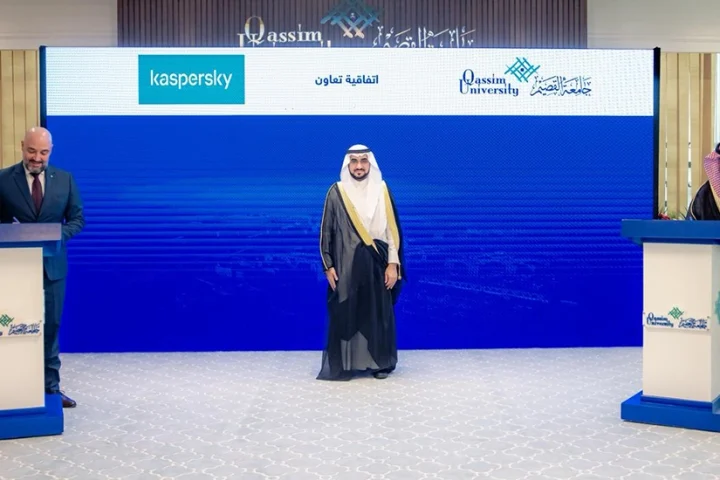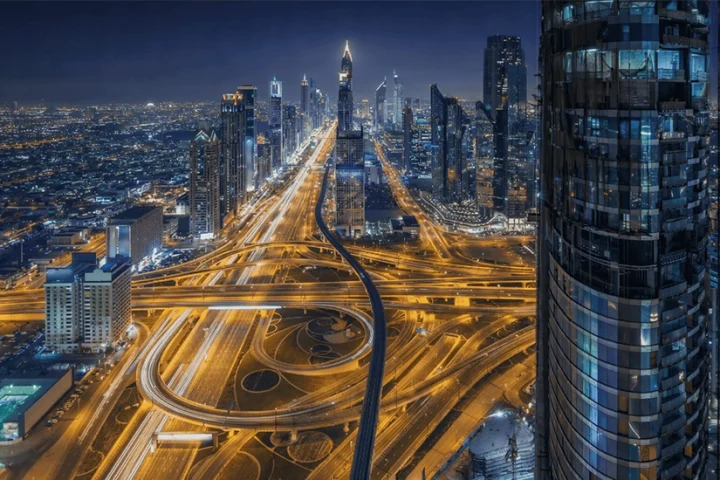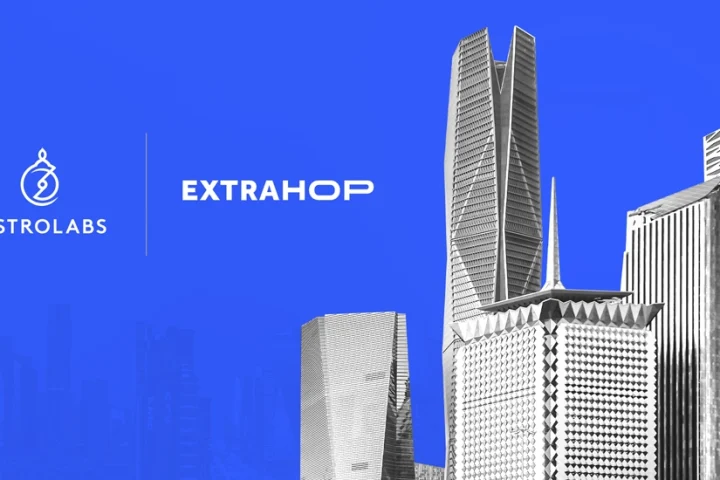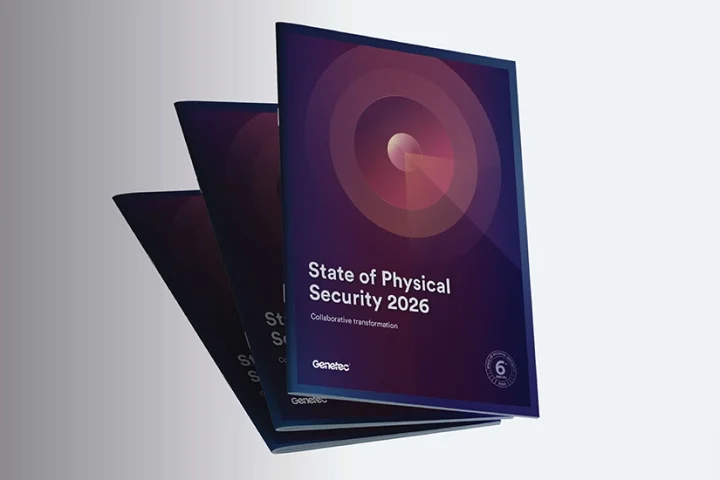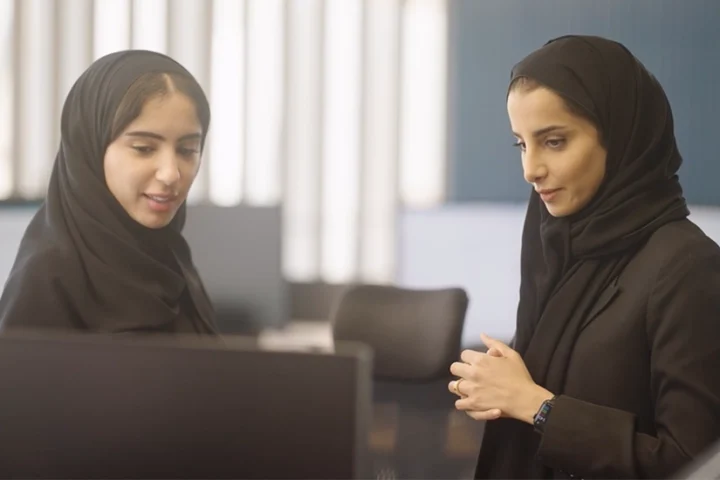The first day of Gitex Technology Week 2018 witnessed future tech ushering in the new era of future urbanism. Gitex kicked-off in strong company with heavyweights Google, Alibaba, LinkedIn and Microsoft all represented on a panel debating how AI is transforming decision-making in major sectors. The power panel included Cassie Kozyrkov, Google’s Chief Decision Scientist; Igor Perisic, LinkedIn’s Chief Data Officer; Dr. Wanli Min, Alibaba Group’s Chief Machine Intelligence Scientist; and Ali Dalloul, Microsoft’s General Manager, Strategy and Commercialisation, AI, Perception, and MR Cloud. It was moderated by Jonathan Woetzel, Director, McKinsey.
During the panel, Ali Dalloul from Microsoft said that the company’s approach to AI is people-centric and they focus on how they could empower people and organisations by making AI accessible. Dr Wanli Min from Alibaba Group opined that transformation needs to go vertical first, horizontal second.
Dr Wanli Min, Chief Machine Intelligence Scientist, Alibaba Group China, and a digital genius ranked amongst China’s Top 20 leading technologiss by Forbes, is credited with creating Alibaba’s ultra-intelligent AI platform that is now at the core of solving complex global business problems. He delivered a Gitex Keynote today, during which he stated that Alibaba believes in the combined power of AI, cloud computing and data to power digital transformation.

Paul Misener, VP of Global Innovation Policy at Amazon USA, used his opening-day Gitex keynote to reveal the secret behind Amazon’s growth from a startup to the company that it is today. Paul, an Amazon VP for over 18 years, highlighted how the company has maintained its core principles and ability to innovate. He cited examples to illustrate how the company has sustained customer-focused innovation, and how its customer obsession is what drives its innovation. He also explained how Amazon’s culture is based on a willingness to experiment and fail in order to innovate, and how its leaders look to disconfirm their own ideas to ensure they are serving their customers in the best way.
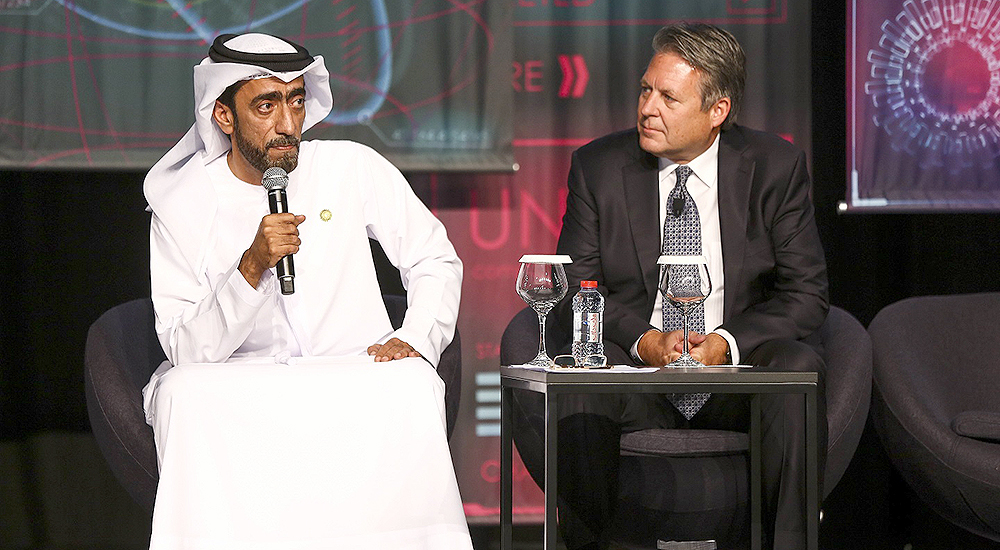
Mike Sutcliff, Group CEO, Accenture Digital, and Mohammed Alhashmi, SVP Innovation and Future Technologies, Expo 2020, used Day One of Gitex to jointly outline the new strategies and adaptive business models which allow Middle Eastern governments and businesses to capitalise on innovation and digital disruption. At their shared keynote session, the pair also illustrated how Expo 2020 is making future innovation a reality.
Also speaking were Phil Davis, President, Hybrid IT at Hewlett Packard Enterprise, who discussed accelerating value for our digital lives. Zhexuan Song, Chief Strategy Officer at Huawei dissected how the firm is constantly innovating as they strive to build an intelligent world.
Gitex Future Stars’ official and exclusive innovation partner, MiSK hosted a workshop to encourage international investment in the Kingdom’s tech startups. Saudi Arabia’s non-profit Prince Mohammed bin Salman bin Abdulaziz Foundation MiSK is devoted to cultivating learning and leadership in youth, and at Gitex they launched their own innovation department, bringing 20 startups from Saudi Arabia to showcase their creative tech.
Speaking at a workshop, Mazin AlZaidi, Head of Innovation and Entrepreneurship Sector, SAGIA, Saudi Arabia said that they support entrepreneurs through every stage, starting from the idea till the execution phase and added that the government is launching two funds this year to support startups – PIF Fund for $640 Million and Monsha’at Government Fund for $1 Billion. He also noted that SAGIA wants to transform five smart cities by 2020 and 17 cities by 2030.
Gitex Global Investors Summit, an exclusive, invite-only meeting for leading regional and global venture funds and LPs, alongside family offices, institutional and private investors, opened to the industry’s leading innovators and entrepreneurs this morning. Running over two power-packed days, the summit will navigate the region’s diversifying funding and investment ecosystem and offers a unique occasion for both startups and tech backers to get in first on the latest opportunities for investment, cocreation and capital access.
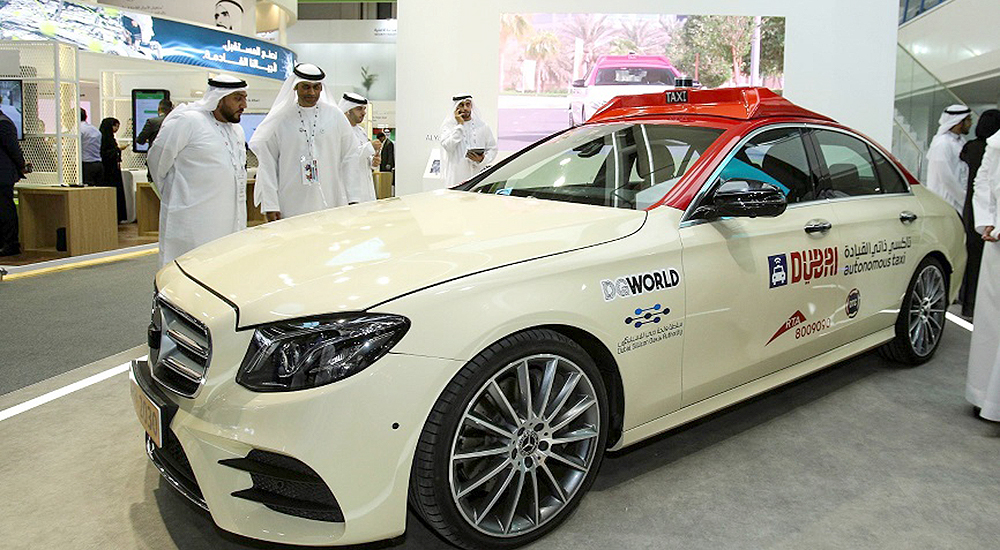
The Roads and Transport Authority exhibited the region’s first autonomous taxi, in line with Dubai’s ambition of becoming the world’s smartest city. The technology underscores RTA’s commitment to enhance the Dubai Government Strategy to convert 25% of total journeys in Dubai into autonomous transit by 2030.
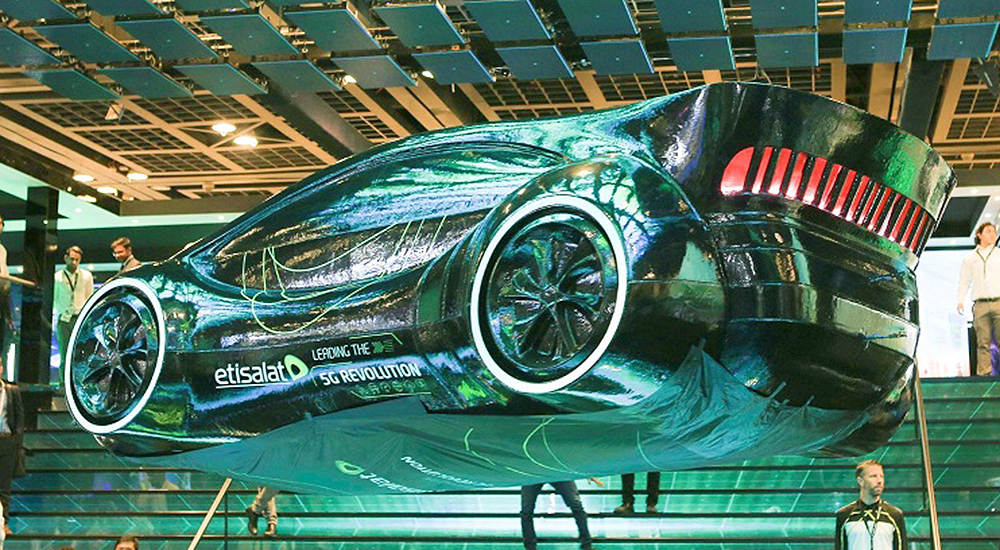
Further pushing the boundaries of realities, Etisalat demonstrated a 5G powered flying car, signalling the new future of mobility. The flying car called Pop.Up Next, which is being showcased for the first time ever outside of Europe, is the first fully electric and zero-emission modular system bringing together road mobility and air transport. It combines the flexibility of a small two-seater ground vehicle with the freedom and speed of a vertical take-off and landing VTOL air vehicle, thus bridging the automotive and aerospace domains.
Day one also witnessed du, from Emirates Integrated Telecommunications Company, partnering with Amal Glasses to showcase revolutionary technology which, through the aid of a virtual assistant, enables blind people to know more about their surrounding environment. The glasses rely on AI to process the data and present it to the blind by voice, so they can be aware of their surroundings.


